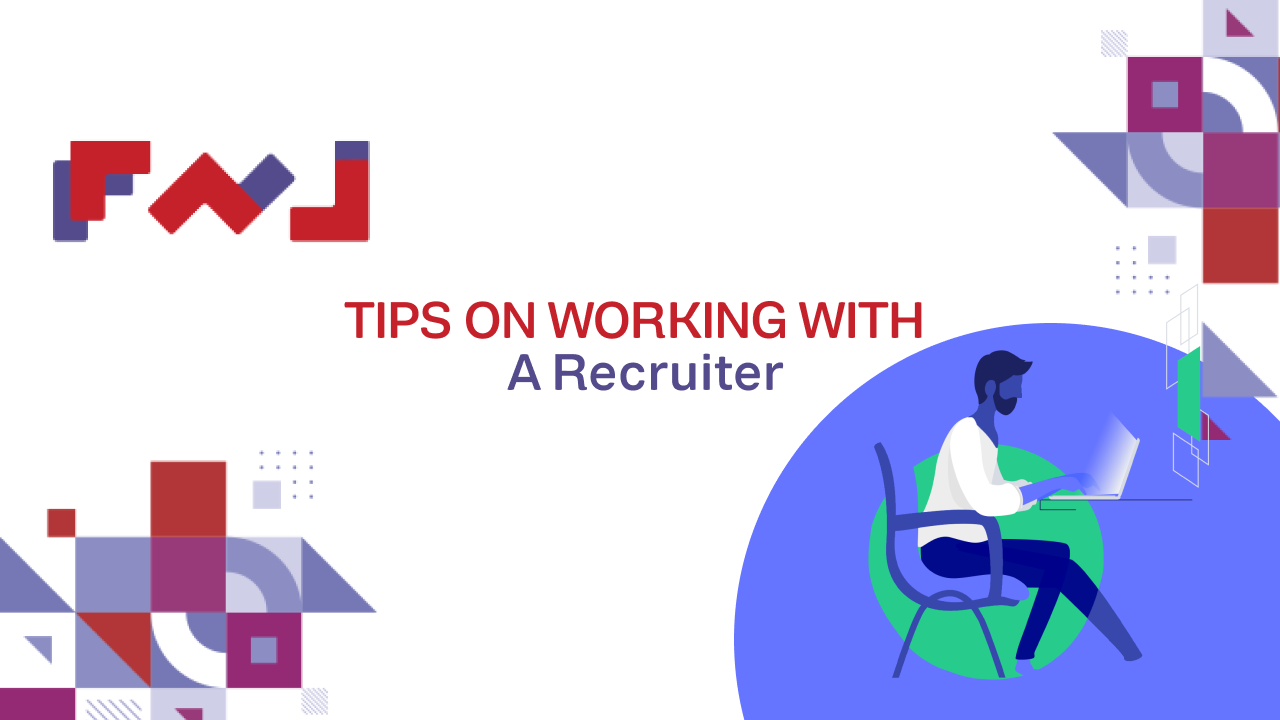In today’s fast-paced business environment, companies are constantly seeking the most efficient ways to meet their goals while managing costs. Two popular approaches for accessing external expertise are #outstaffing and #outsourcing. Although these terms are sometimes used interchangeably, they represent distinct models:
![]() Outstaffing is like hiring remote team members who work exclusively for your company but are officially employed by a third-party provider.
Outstaffing is like hiring remote team members who work exclusively for your company but are officially employed by a third-party provider.
Key features:
![]() Direct control: You manage the day-to-day tasks and priorities of the outstaffed employees as if they were part of your in-house team.
Direct control: You manage the day-to-day tasks and priorities of the outstaffed employees as if they were part of your in-house team.
![]() Cost efficiency: The provider handles HR, payroll, and legal compliance, saving you administrative costs.
Cost efficiency: The provider handles HR, payroll, and legal compliance, saving you administrative costs.
![]() Flexibility: Scale your team up or down based on your project needs.
Flexibility: Scale your team up or down based on your project needs.
![]() Best for:
Best for:
Projects requiring close integration with your in-house team.
Companies that want direct oversight of their external team.
![]() Outsourcing involves hiring a third-party company to manage and execute an entire function or project for you.
Outsourcing involves hiring a third-party company to manage and execute an entire function or project for you.
Key features:
![]() Hands-off management: The provider takes full responsibility for planning, execution, and delivery.
Hands-off management: The provider takes full responsibility for planning, execution, and delivery.
![]() End-to-end solutions: Ideal for tasks like customer support, software development, or marketing campaigns.
End-to-end solutions: Ideal for tasks like customer support, software development, or marketing campaigns.
![]() Focus on core business: Frees up your time and resources to focus on strategic initiatives.
Focus on core business: Frees up your time and resources to focus on strategic initiatives.
![]() Best for:
Best for:
Tasks that don’t require constant supervision.
Projects where expertise or infrastructure is unavailable in-house.
Which model is right for you![]()
Choosing between outstaffing and outsourcing depends on your specific needs:
Want direct control and integration with your team? Choose outstaffing.
Need an external expert to deliver a full solution? Go with outsourcing.
At Global FindNewJob, we specialize in providing tailored outstaffing and outsourcing solutions that align with your goals. Whether you need to expand your team or delegate entire functions, we’re here to help.








